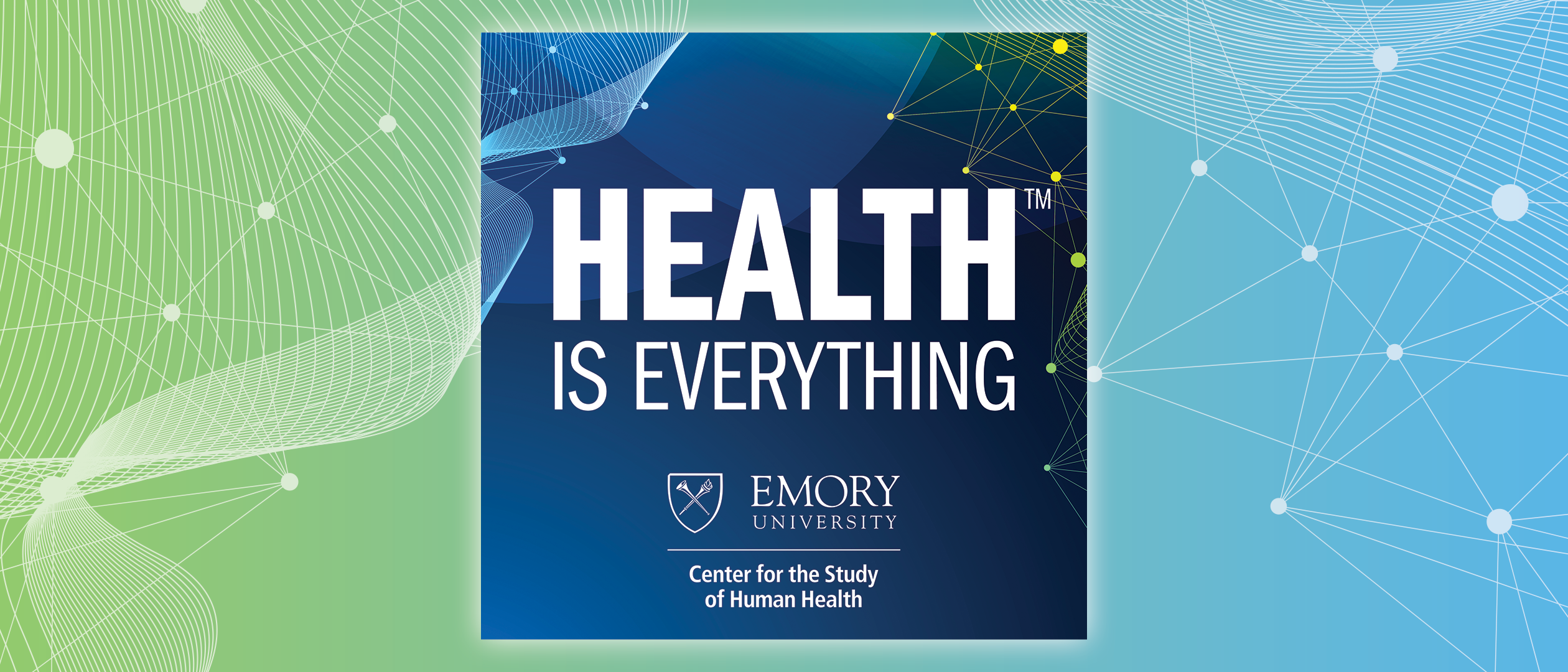Can psychedelics bridge the gap between mental health, spirituality, and modern medicine? Former Google product manager turned medical researcher Fayzan Rab joins Dr. Charles Raison to explore groundbreaking research on psychedelic therapy, its economic impact, and its unexpected intersections with faith and identity.
Transcendent Experience and the Psychedelic Renaissance: A Conversation with the Co-Founders of the Emory Center for Psychedelics and Spirituality, Part 2
Anyone interested in mental health knows about the so-called psychedelic renaissance that has been gathering steam for the last half-decade. Compounds such as LSD and psilocybin lauded for their mind-expanding potential in the 60s, and then demonized for a generation, have returned to the scene with a vengeance, fueled by an increasing number of studies showing the remarkable therapeutic potential of these previously stigmatized substances.
While this psychedelic renaissance has been garnering all the headlines, a complimentary and far quieter revolution has also been occurring in medicine, which is the recognition of the importance of spirituality for health and disease. Along with a network of collaborators, the Department of Spiritual Health at Emory Healthcare has played a leadership role in this quieter revolution, training chaplains to implement evidence-based compassion-based practices for both patients and the clinicians who care for them.
In the first part of this podcast, Boadie Dunlop, MD, and George Grant, MDiv, PhD, joined host Dr. Charles Raison to provide an overview of the mission and vision of the newly-formed Emory Center for Psychedelics and Spirituality. In this second part of the podcast, Drs. Dunlop and Grant—co-founders of the new center—dive deeper into the role of spirituality in human health in general and in psychedelic-assisted therapy, or PAT, more specifically. A lively discussion ensues around a range of related topics, including spirituality as an evolved human capacity, strategies for enhancing the benefits and minimizing the risks of bringing spirituality more directly into healthcare and the need to explore the role of spirituality in PAT with novel scientific approaches. The podcast concludes with a provocative discussion of whether neurobiological understandings are really required to understand how to optimize the role of spirituality in PAT, or whether spirituality can be taken at face value as a phenomenon worthy of scientific study on its own terms.
This episode is Part 2 in a two-part series.
